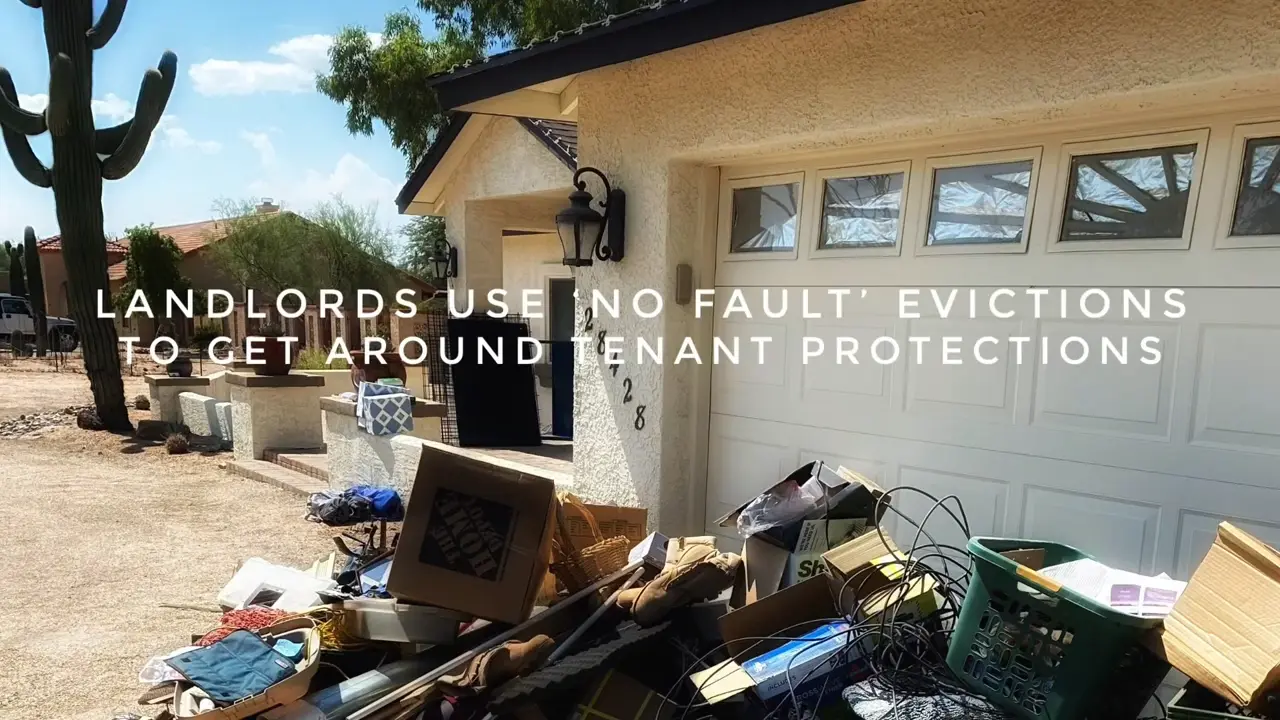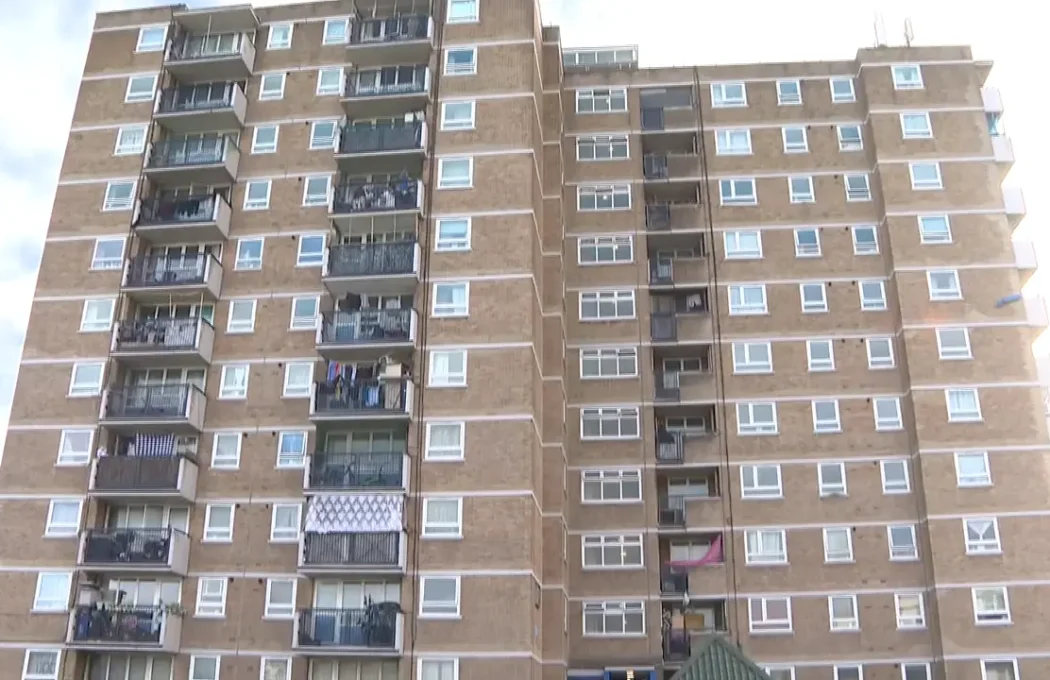No-fault eviction UK has historically played a crucial role for landlords in the United Kingdom, enabling them to repossess their properties without the need to provide a specific rationale. However, with the impending changes introduced by the Renters Reform Bill scheduled for 2024, it is essential for landlords to comprehend the implications and impact on their legal rights. This guide is designed to provide detailed insights into the evolving legal framework, expected timelines, potential obstacles, and the future prospects of no-fault evictions in the UK.

What is a No-Fault Eviction UK?
A no-fault eviction in UK enables landlords to terminate a tenancy without providing any specific cause, usually through a Section 21 notice. Section 21 of the Housing Act 1988 gives landlords the right to recover possession at the end of a fixed-term tenancy or during a periodic tenancy, without proving tenant misconduct.
Currently, the process is straightforward:
- The landlord serves a Section 21 notice, giving the tenant at least two months to vacate.
- No reason for eviction is required, as long as the tenancy agreement and legal conditions (e.g., deposit protection, gas safety certificate) are met.
Legal Process Serving a Section 21 Notice for No-Fault Eviction
To legally serve a Section 21 notice, landlords must follow strict guidelines. Failure to adhere to these can render the notice invalid, leading to delays and additional legal costs.
Here’s a breakdown of the steps:
- Check the Tenancy Type: Ensure the tenancy is an Assured Shorthold Tenancy (AST).
- Provide Necessary Documents: The landlord must have given the tenant:
- Gas Safety Certificate
- Energy Performance Certificate (EPC)
- How to Rent Guide
- Notice Period: Give the tenant at least two months’ notice in writing.
- Correct Form: Use the appropriate Section 21 notice form, which is available online or from your solicitor.
- Court Order: If the tenant doesn’t vacate by the notice date, landlords must apply for a possession order in court.
How Long Does a No-Fault Eviction Take in the UK?
On average, a no-fault eviction takes two to five months. However, delays can occur if:
- The landlord serves the notice incorrectly.
- The tenant disputes the eviction in court.
- Court backlogs (especially post-pandemic) slow down the process.
| Stage | Average Timeline |
|---|---|
| Notice Served | 2 months |
| Court Proceedings | 6–8 weeks |
| Bailiff Enforcement | 2–3 weeks post-court |
Impact of the Renters Reform Bill on No-Fault Eviction UK
The Renters Reform Bill, set to pass in 2024, aims to abolish no-fault evictions by scrapping Section 21 entirely. This legislative reform will make it mandatory for landlords to provide a legitimate reason (such as rent arrears or property damage) to repossess their property, meaning future evictions will likely proceed under Section 8 of the Housing Act 1988.
Common Challenges for Landlords in No-Fault Eviction Cases
While no-fault evictions provide flexibility, landlords often face the following challenges:
- Disputes over paperwork: Tenants may challenge whether the correct documentation was provided.
- Tenant refusal to vacate: Even after serving a valid notice, tenants may refuse to leave, forcing landlords to take court action.
- Court delays: Backlogs can lead to months of waiting for a possession order, especially in busy regions.

Case Study: How Fast Property Eviction Helped a Landlord with a No-Fault Eviction
In March 2023, Fast Property Eviction successfully represented a landlord in Croydon, who needed to regain possession of his flat for personal use. The tenant had consistently paid rent but refused to vacate after the tenancy ended.
Challenges Faced:
- Tenant disputed the validity of the Section 21 notice.
- Paperwork issues regarding gas safety certification.
Fast Property Eviction’s Approach:
- Reviewed the case and corrected documentation.
- Reissued a valid Section 21 notice with proper timing.
- Filed for a court possession order and ensured all legal requirements were met.
Outcome: The landlord regained possession within four months, avoiding costly legal disputes.
Conclusion
No-fault eviction Uk have been a landlord’s go-to option for years. But with changes looming in UK law, it’s essential to stay updated and ensure your eviction process complies with the latest legal frameworks. Fast Property Eviction can guide you through this transition, helping you navigate the new landscape.
FAQs No-fault eviction Uk
A: The bill aims to abolish no-fault evictions, requiring landlords to use Section 8 for all future evictions, which mandates specific grounds.
A: Landlords should ensure robust tenancy agreements and maintain up-to-date records of tenant behavior (e.g., rent payments, property condition).
A: If the notice is invalid, the court may dismiss your case, forcing you to reissue the notice and restart the process.
